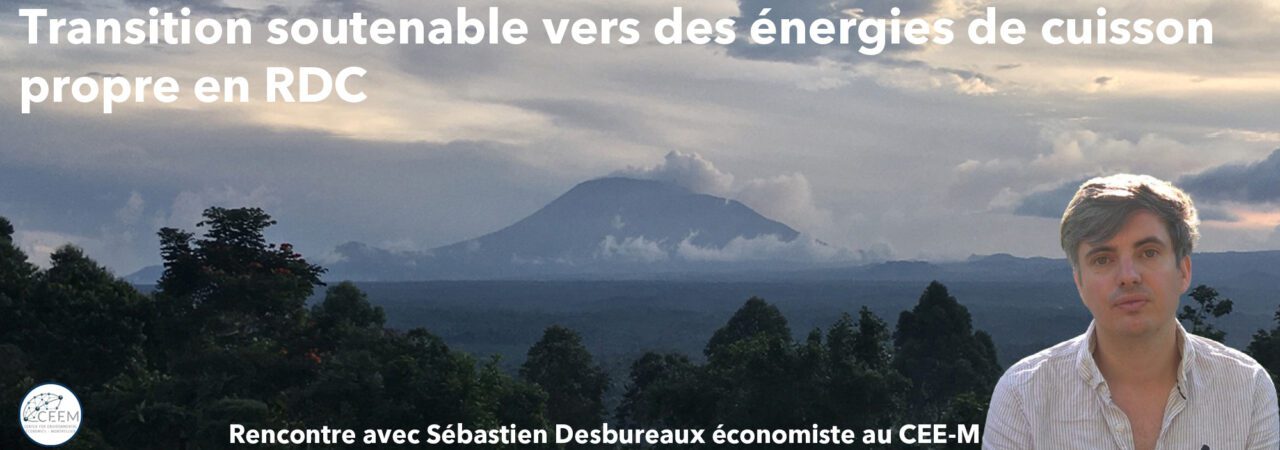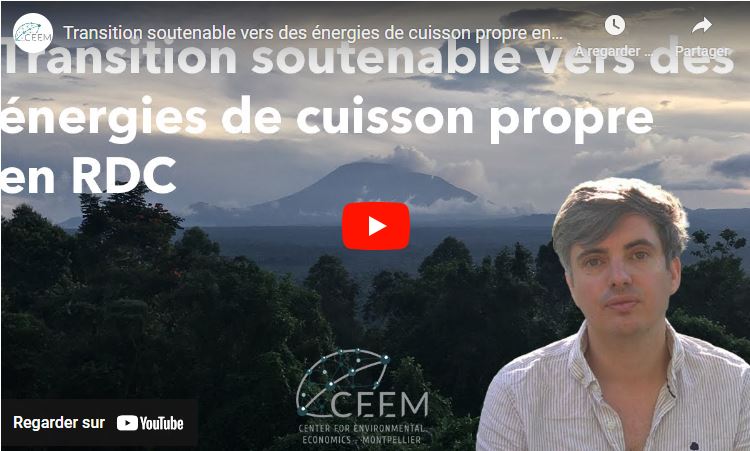
In May 2024, the first summit on modernising cooking methods in Africa took place in Paris. This summit is not just anecdotal; not using wood to cook food would have beneficial repercussions on the climate, health, biodiversity and women’s living conditions. However, there are many obstacles to the rapid development of clean cooking in Africa: the lack of public policy and infrastructure, poverty, entrenched culinary practices and tastes.
Working to develop clean cooking in order to reduce the environmental and social consequences of cooking with biomass is the objective of the project supported by CEE-M, the University of Antwerp and the Virunga Foundation. Because of its potential impact and innovative nature, the project has received funding from the IDF in 2022.
The field of study for this project is located in the Democratic Republic of Congo, in Goma, a town located atthe border of the Virunga National Park.
The Virunga Foundation and the Congolese Institute for Nature Conservation manage the Virunga National Park. Although this park is the richest protected area in Africa in terms of biodiversity, it suffers from unauthorised deforestation caused in particular by the use of charcoal. This fuel, produced from trees felled in the forest, is the source of energy for 90% of the population of Eastern Congo.
It is in a context marked by political instability, ensuing conflicts and the poverty they engender, that several actions aretaken as part of this project to develop electric cooking in the 150,000 households that make up the population of the city of Goma.
To find out more about this project, the context in which it is taking place and the solutions devised to encourage the switch to clean cooking, we spoke to Sébastien Desbureaux, an economist at CEE-M and holder of the INRAE junior professor chair, one of the project’s initiators and coordinators.
Watch the vidéo>>> (in french)

